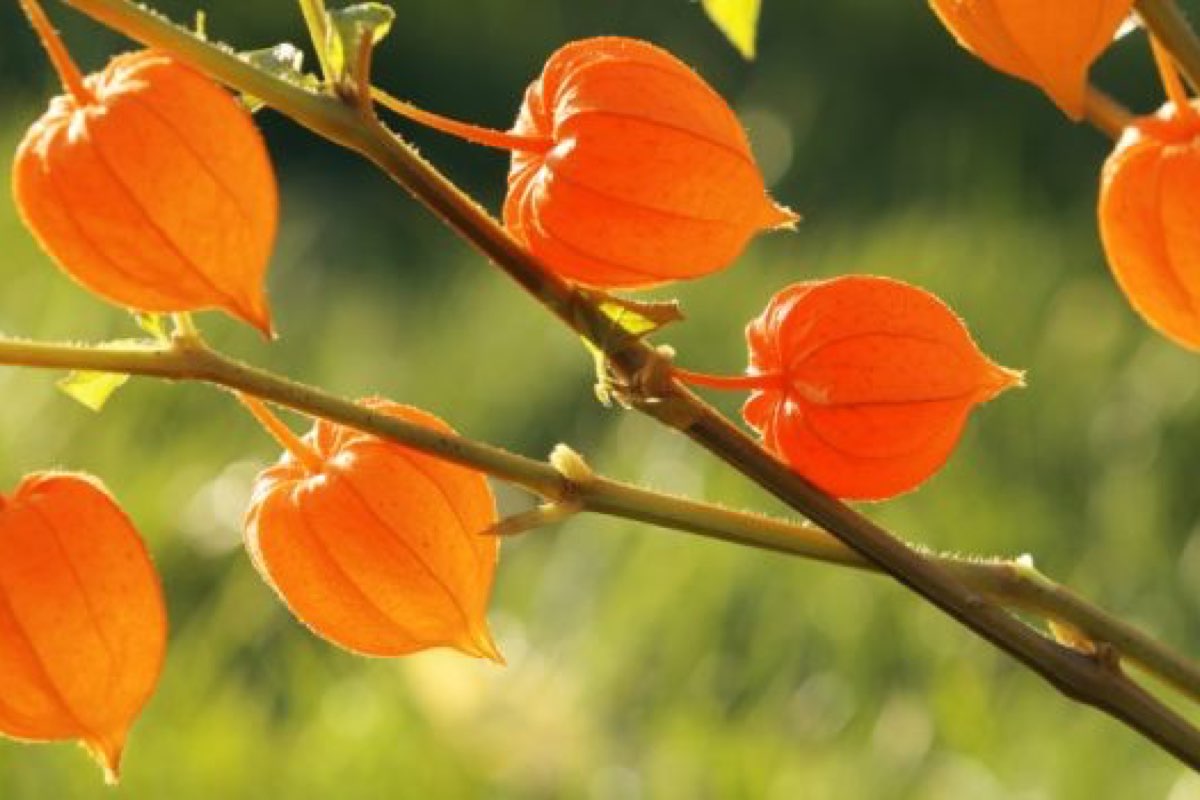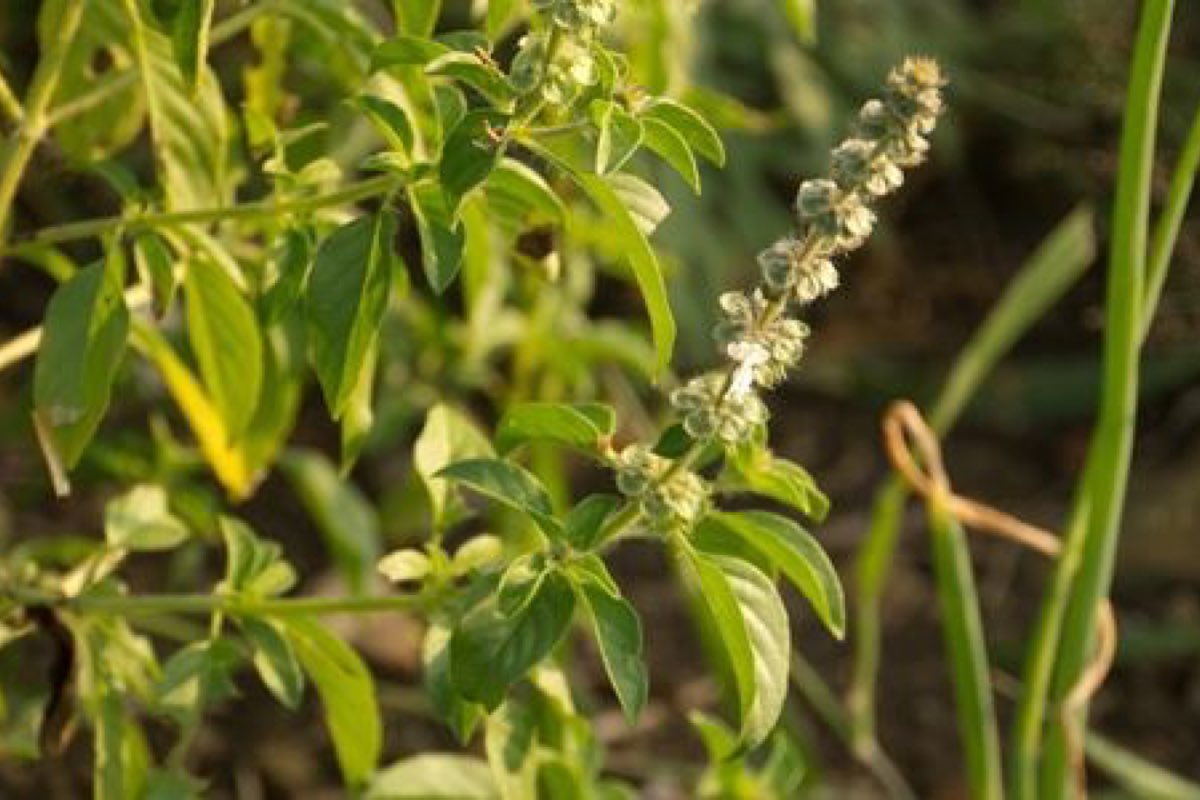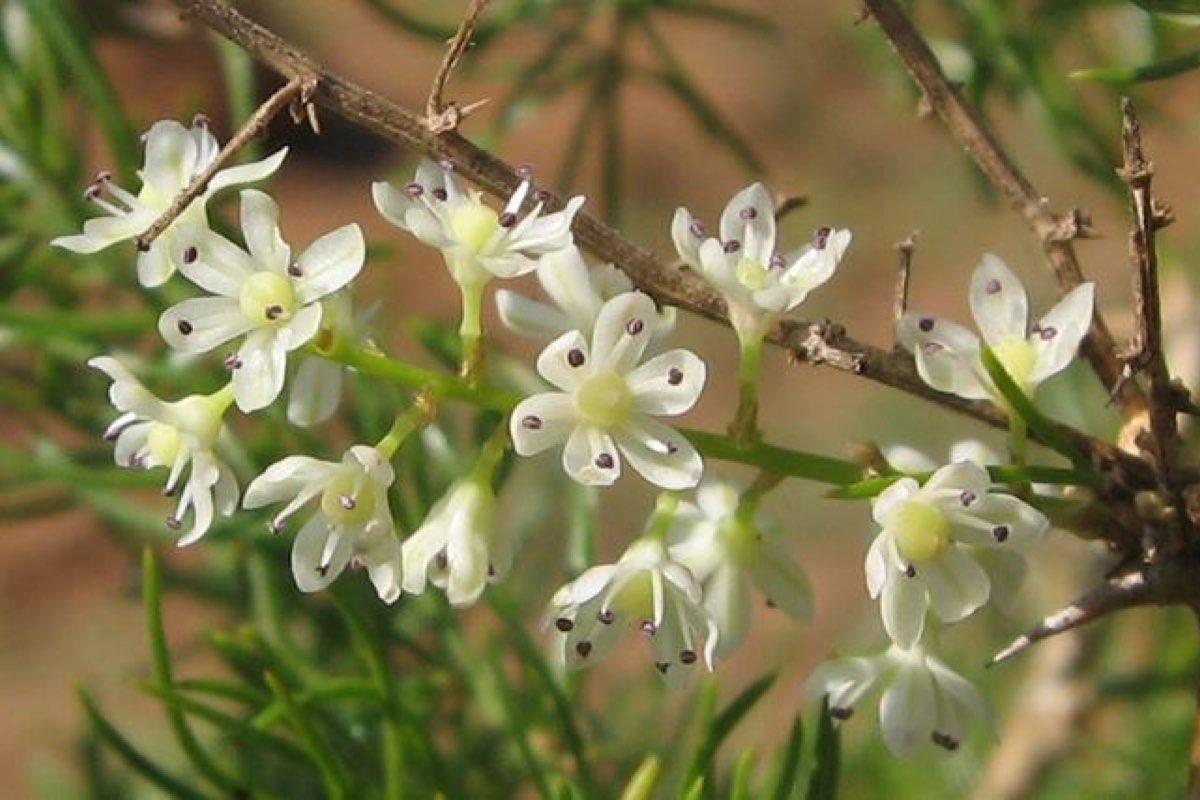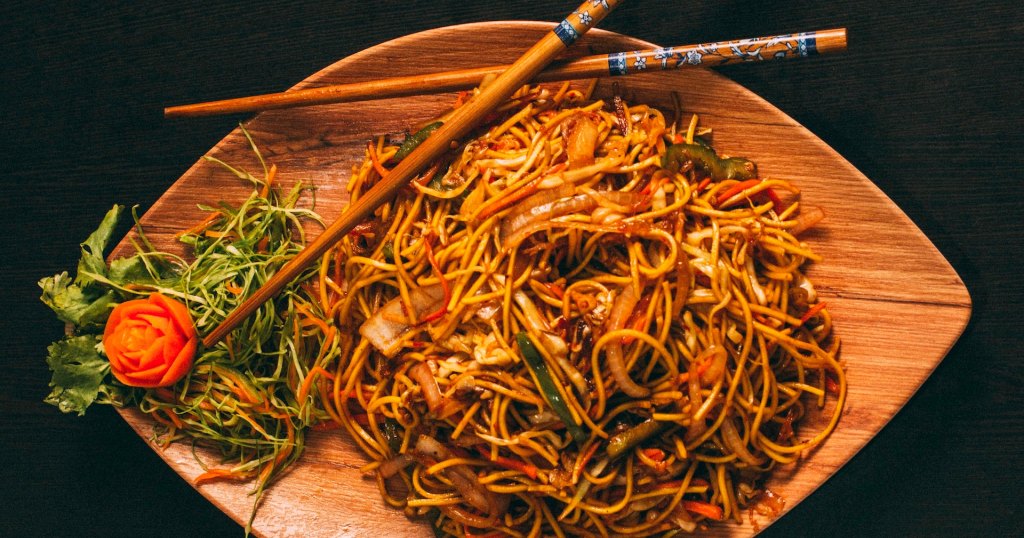Feeling stressed being back at your desk after the bank holiday weekend? Instead of turning to caffeine and sugar to get you through the day, say hello to Adaptogens – nature’s secret stress buster. Nutritional therapist Katie Pande tells us everything we need to know…
How well do you cope with stress? Do you get irritable and snappy when under pressure? Or feel so exhausted at the end of each day that you can barely get off the sofa? Our bodies have a complex set of reactions to stress – or, more accurately, what we perceive as a stressful situation.
You’re probably most familiar with the reactions that happen as part of your immediate ‘fight or flight’ stress response. Your heart starts beating faster, you feel on edge, and you may even break out in a sweat. But if the stressful situation goes away after a few minutes or hours, you can quickly return to your natural, calm state, without it causing any long-term problems.
However, if the source of stress continues – as it often does – the consequences can be much greater. Your sleep and digestion can suffer. Your focus, attention and memory can be affected. You might start to feel drained or exhausted, get anxious and worried at the smallest things, or even feel depressed and unable to enjoy life.
Sound familiar? And it doesn’t end there. In the longer term, your immune system can be compromised, leaving you more prone to illness. And chronic stress is even linked to faster ageing, weight gain and high blood pressure.
So what can you do about it? Going to live on a tranquil island would be nice, but it’s not on the cards for most of us!
It’s important to realise that it’s not the source of stress that’s having these effects, but how your body and mind respond to it. This is why some people seem to cope better than others.
While it’s helpful to get rid of external sources of stress where possible – such as sharing a workload, or negotiating time off – it’s virtually impossible to avoid all stressful events in your life. Instead, improving your ability to cope with stress can be key.
Adaptogens to the rescue
With stress becoming an increasingly important influence in modern life, there’s a wealth of information and advice out there designed to help us cope. Meditation and mindfulness are among the most widely researched and effective techniques – and come highly recommended!
But you may be happy to know that certain natural herbs can help too. These specific herbs are often called ‘adaptogens’, and all of them have a long history of use in traditional herbal medicines.
What are adaptogens?
There are various definitions, but it’s easiest to think of adaptogens as substances that can help you to adapt to stress. Adaptogenic herbs are said to have a normalising or balancing effect on the body and mind, reducing the negative changes that can happen in your body in response to stress.
Researchers have found evidence that adaptogens can help improve energy and reduce fatigue in response to stress, reduce anxiety, help people feel more positive, and improve focus and attention, amongst other benefits. To be classified as an adaptogen, the herb must also have no known negative effects.
Herbs classified as adaptogens include ashwagandha (also known as withania), holy basil, rhodiola, schisandra and shatavari. The ginsengs – of which there are various types – are also known as adaptogens.
Most of these herbs are readily available as supplements. They may all help you cope with stress, but they can each have slightly different effects. So how do you choose? Let’s have a look at some of the most helpful adaptogens and what they can do.
Your ‘hero’ adaptogens

Ashwagandha (Withania somnifera)
Ashwagandha is one of the most widely used herbs in Ayurvedic medicine, the traditional herbal medicine of India. It’s known as a ‘tonic’ herb and is said to have an overall rejuvenating effect – helping to protect and support the nervous system and immune system as well as improving energy.
What makes ashwagandha stand out is its anti-anxiety, calming effects. Whereas some other herbs – such as ginsengs and rhodiola – can be stimulating, ashwagandha can support energy without making us feel more wired. Fantastic for those of us who need more calm in our life!
The anti-stress benefits of ashwagandha have been widely researched in human and animal studies. For example, one study was carried out on 64 adults who were suffering chronic stress. Half the people took two capsules of ashwagandha for 60 days, and the other half took a placebo.
Neither the participants nor the researchers knew which they were taking until after the trial. After 60 days, those who took the ashwagandha had much lower scores for perceived stress, anxiety and depression than the placebo group.
What’s more, their average cortisol level (a stress hormone) fell by 28%, but dropped by only 8% in the placebo group. A good indication that it could have really powerful effects! Try – Pukka Organic Wholistic Ashwagandha £16.96 for 30 capsules.

Holy basil / Tulsi (Ocimum sanctum)
Holy basil also has a long tradition of use in Ayurvedic medicine. In fact, it too is one of the most highly valued herbs in Ayurveda, and is known by various names including ‘The Incomparable One’ and ‘The Queen of Herbs’!
When it comes to the most immediate effects of stress, holy basil has shown similar benefits to ashwagandha. For example, in a placebo-controlled study on 150 people, it was found that those taking the holy basil had significant improvements in their energy levels, memory and sleep.
Overall, they showed a 39% greater reduction in their stress symptoms compared to the placebo group. And other studies suggest holy basil could help reduce anxiety specifically.
Holy basil may also have many other benefits for our health too. These include supporting the immune system, boosting mood, improving memory, protecting against chemical toxicity and radiation, and even protecting the heart and liver. It’s said to have anti-inflammatory and antioxidant activity too. A true all-rounder!
So for stress support, when should you choose holy basil over ashwagandha? Although they can have similar benefits – and neither are stimulating like other adaptogens can be – herbal tradition suggests that holy basil may be a better choice if you need help for mood or emotional wellbeing (‘the blues’) or for memory support, as well as for overall stress protection. Try – Pukka Wholistic Holy Basil £13.55.

Shatavari (Asparagus racemosus)
Also much revered in Ayurveda, shatavari is a favourite herb for women’s health. The name can be translated as ‘she who possesses a hundred husbands’!
It’s considered the main rejuvenative tonic for female health and may have specific benefits for female hormone balance and the reproductive system. Its traditional uses include supporting fertility and libido, but also helping to balance hormones throughout childbearing age and during and after menopause.
Shatavari is considered to have general adaptogenic activity too, although it may have less wide-ranging effects compared to ashwagandha and holy basil.
Shatavari could be an ideal choice as an adaptogen for women who also need support for any aspect of female hormone balance: from fertility and conception, to PMS symptoms, to menopause. Try – Pukka Herbs Organic Shatavari capsules £16.96 for 30 capsules.
















